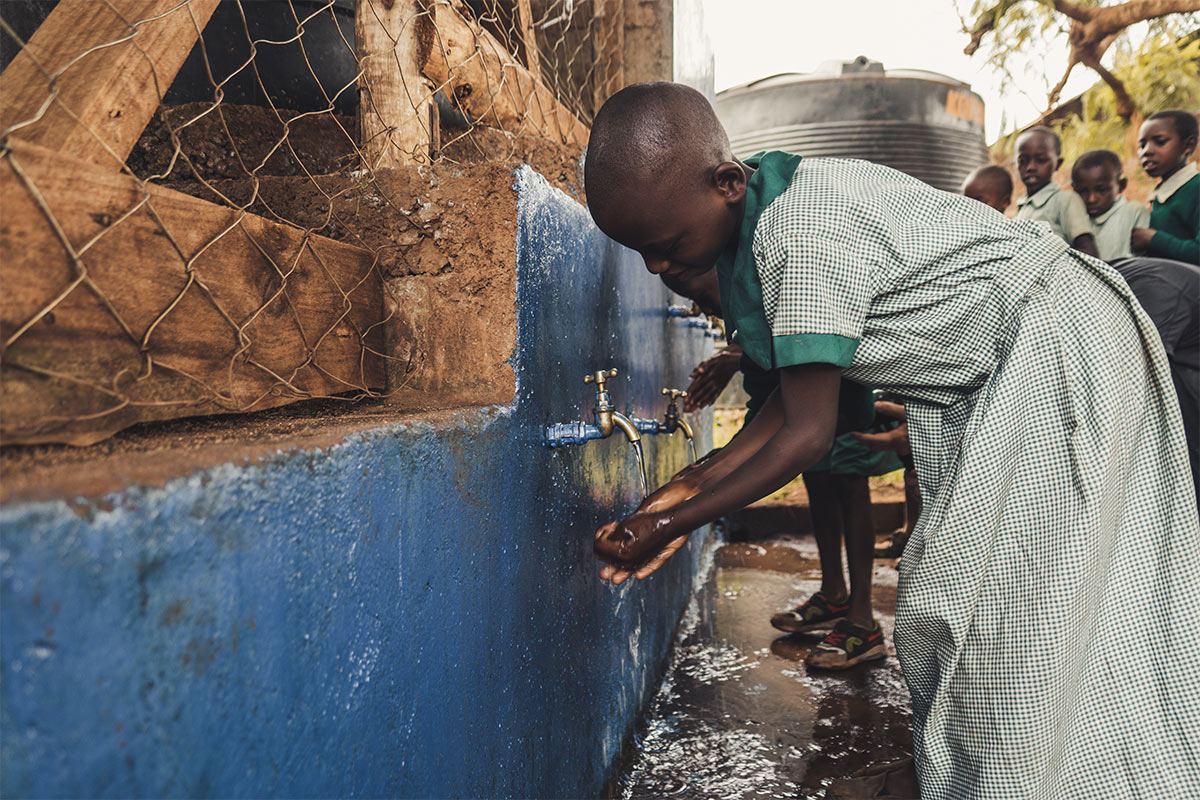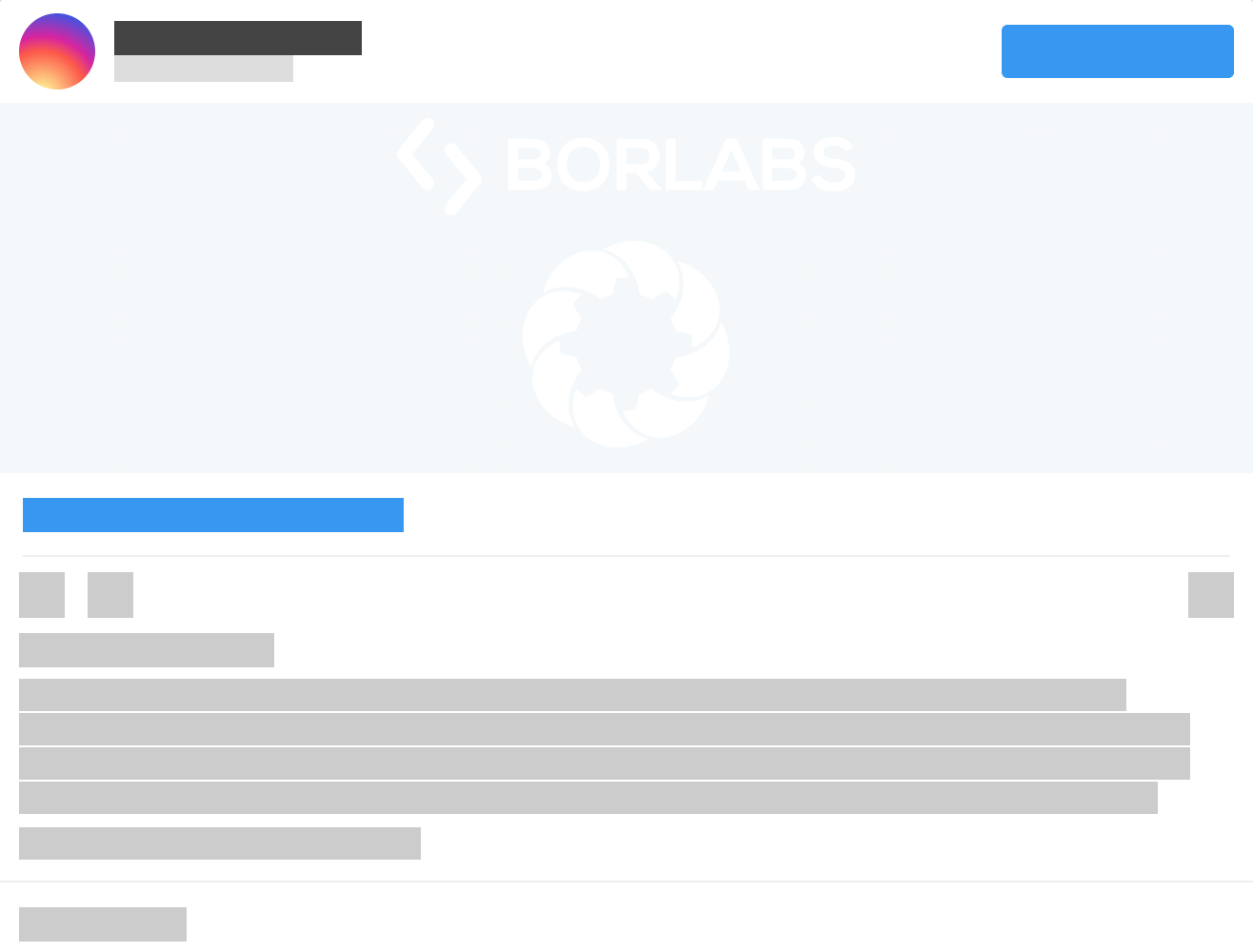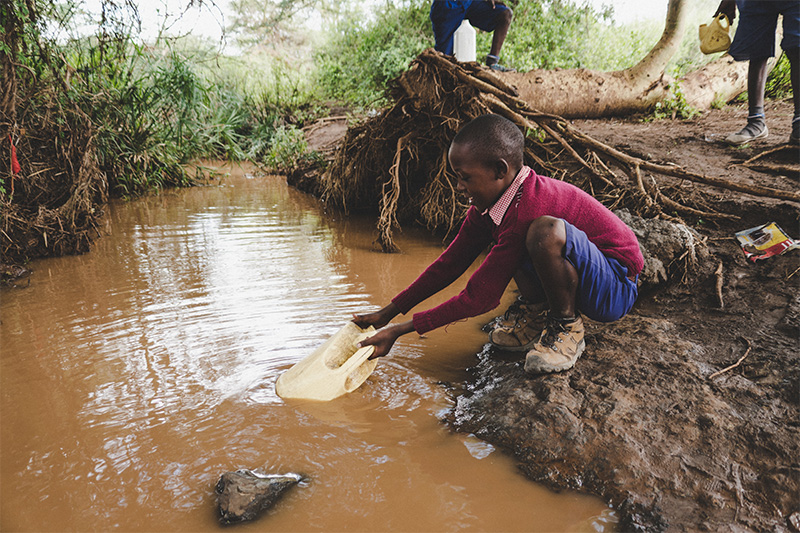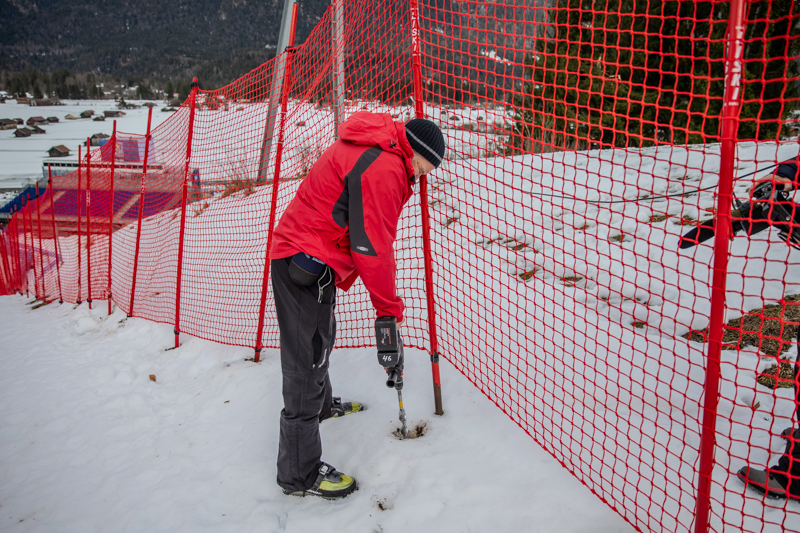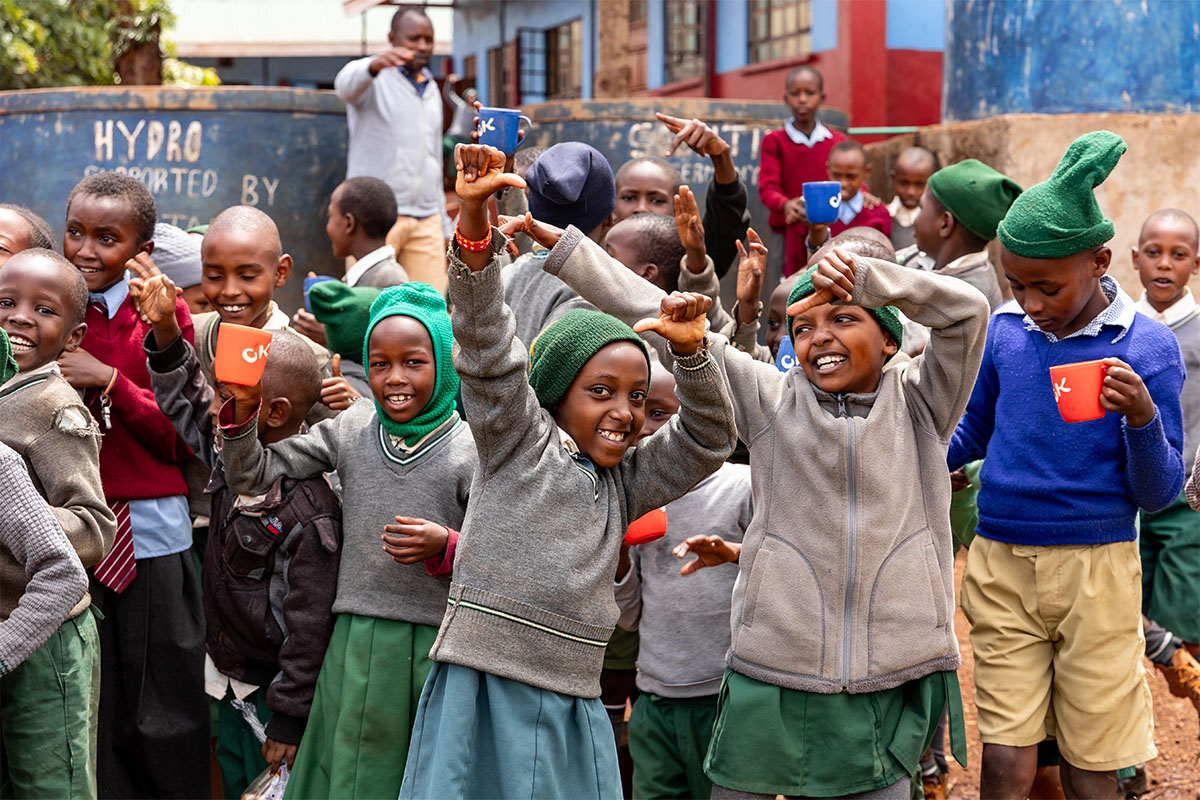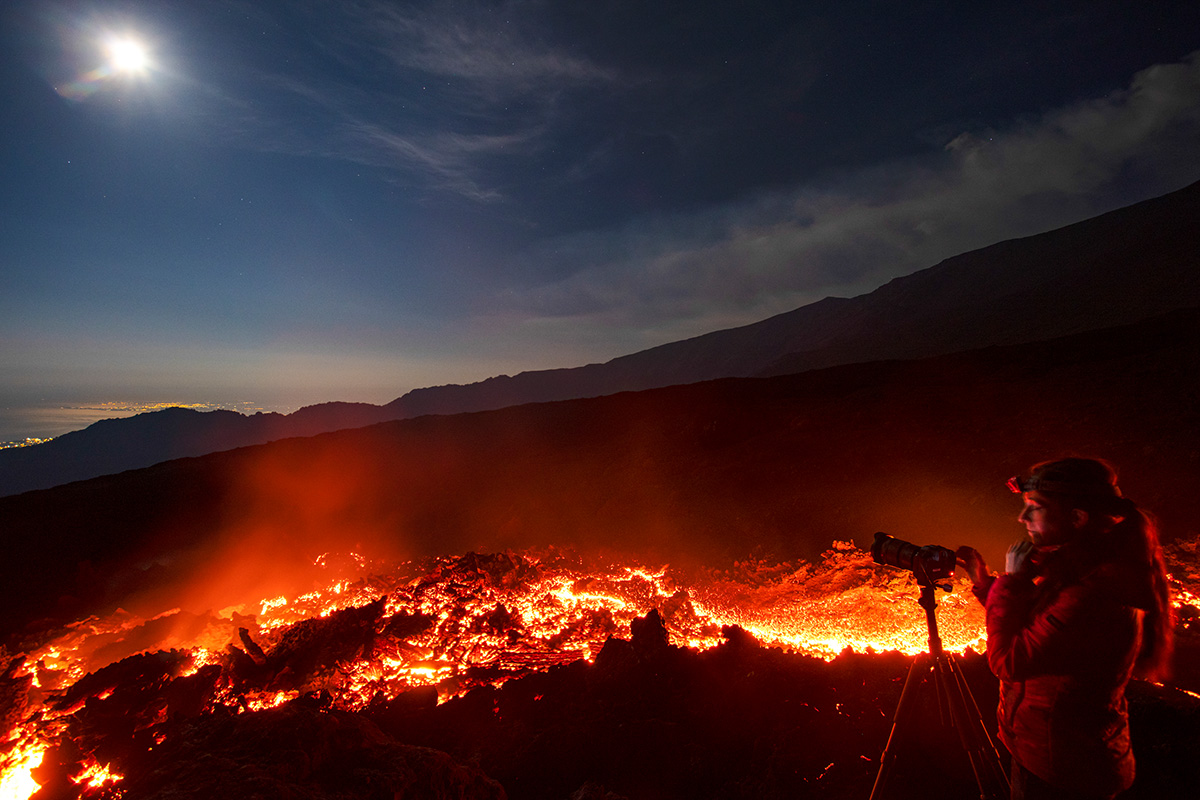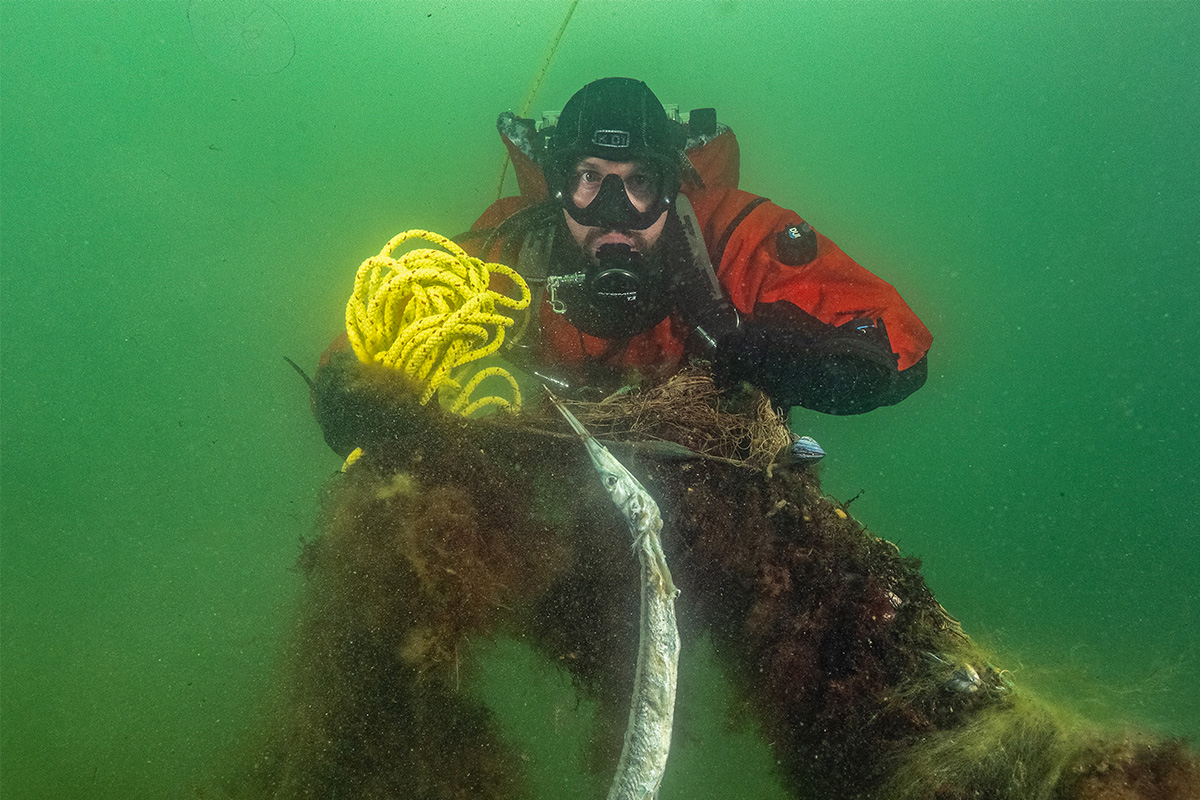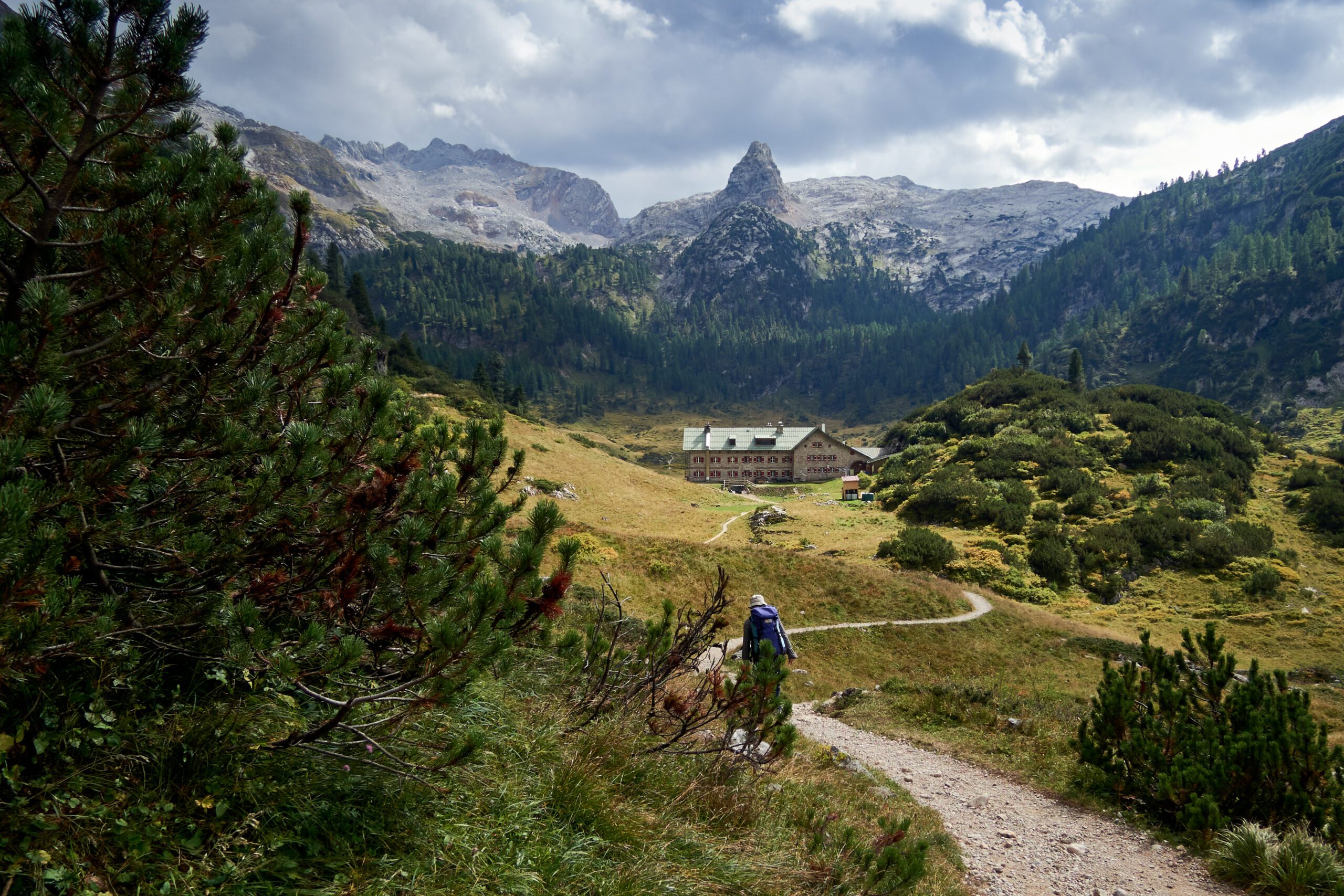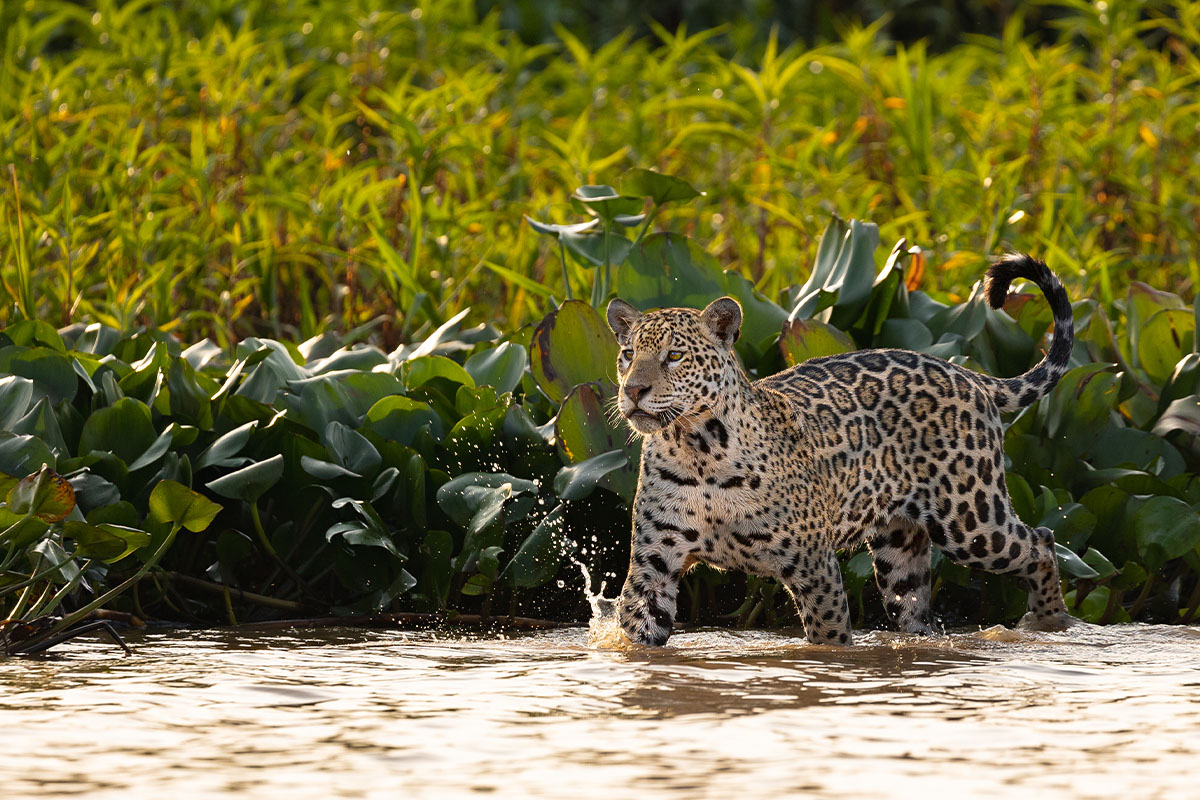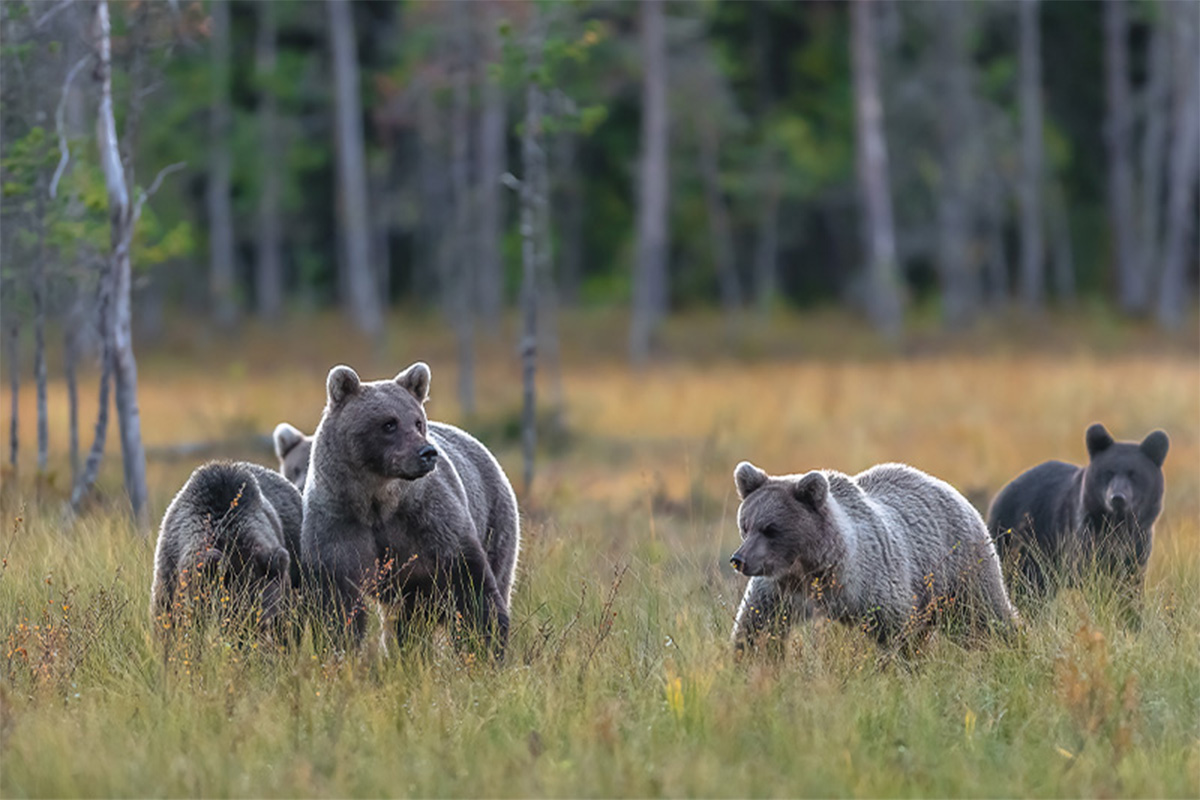For many people, having access to clean drinking water is a matter of course. In Kenya, however, having your own supply is the exception rather than the rule. A team of students is remedying the problem through Hydro Solution.
Poverty, famine, illness – only once they’d arrived to Kenya was it clear to the students how drastic the situation for people in Kenya really is. “Something has to be done here!” said 15 students from OTH Regensburg, starting the fight against water shortages in particularly remote areas of Kenya. It began in 2016 as part of the international non-profit organization Enactus e.V.. Hydro Solution is now an organization in its own right, founded with the vision of developing a water filter which is as inexpensive as possible and which can be produced by locals using the simplest of materials.
The project leader, Maximilian Dötterl, grappled with various filtration techniques, which became the subject of the engineering student’s bachelor thesis. He found further support for the university project in the fields of chemistry, sensor technology, analytics, and regenerative energy. After just a few months, the team finished a filter optimally tailored to the region’s environmental conditions. Students of business management, law, social work, and culture and media studies contributed to the homepage, advertising campaigns, and sponsorship activities.
“The well-known saying ‘less is more’ applies to water filters,” says Dötterl. The most important component is the crushed sand, which needs to be specially treated but is available almost everywhere. The filter box is made from concrete. The dirty water is poured into this box and slowly seeps through the fine-grained sand layer. After a few weeks, a biofilm builds up on the top few centimeters of sand, which then does most of the filtration. As the sand contains no nutrients, germs in the biofilm layer begin to eat each other, and subsequently consume other germs from any impure water that is poured in. Any germs that still manage to sneak through eventually die in the nutrient-free sand. The purified water then flows into a safe water storage container. This process purifies up to 50 liters of water, removing 99% of pathogens. Due to its sturdy construction, the filter has a service life of at least ten years and costs a mere €28 to manufacture. The clean drinking water is enough to meet the daily needs of an extended family or school class.
From the outset, the Hydro Solution team felt it was important that the filter could be maintained on site and manufactured locally. All of the materials are available in Africa and, after a training session, local people in Kenya can construct the filters themselves. Hydro Solution now provides jobs for a number of people. Employees earn €6 per filter, an above average wage they can use to support their families.
It was during their first visit to Kenya in early 2017 that the team first met the Orthodox priest Father Tito, who had long engaged in humanitarian work in his country. With the support of two on-site partner organizations and many local helpers, the pilot project alone equipped two schools and an orphanage with 12 filters in total. Nowadays, clean drinking water flows in 18 schools.
Contending with scorpions, sleeping outdoors in the desert, and working for 14 hours each day – the students’ stay in Kenya was certainly a culture shock. But nothing could get in the way of their determination. In September 2017, two teams once again made their way to Kenya and Burkina Faso, where they encountered the same problems. However, during their first stay in Burkina Faso, the team trained three locals and built seven water filters. They enjoyed even greater success in Kenya, where local partners, hard work and elbow grease helped to build a manufacturing site.
As a result, 14,000 people have gained access to clean drinking water. Additionally, six Kenyans were able to learn the filter construction technique. This is exactly why the project delivers lasting benefits for people in the most remote areas of Africa and establishes an important foundation for improving living conditions. All this, because of something that we take for granted: clean drinking water.
Drinking water supply in Kenya
Kenya – a country in Africa affected by illness and famine, particularly in rural areas. Droughts and inadequate medical care consistently lead to inhumane conditions that make life difficult and the land inhospitable for the population. One of the biggest problems is polluted drinking water. Your own supply of drinking water: while we take it for granted, it’s a rarity for many – especially the Maasai people in Kenya. The Maasai girls responsible for gathering water for their families are forced to shoulder long journeys to a water source. This is often just a small rivulet, polluted by animal waste or carcasses. Due to the immense poverty, these people often have no other choice than to drink this water, which is full of bacterial contaminants. The youngest are most deeply affected and frequently contract cholera, typhoid, or diarrhea due to the impure water. Over 80% of illnesses in Kenya are directly related to unhygienic water sources.
